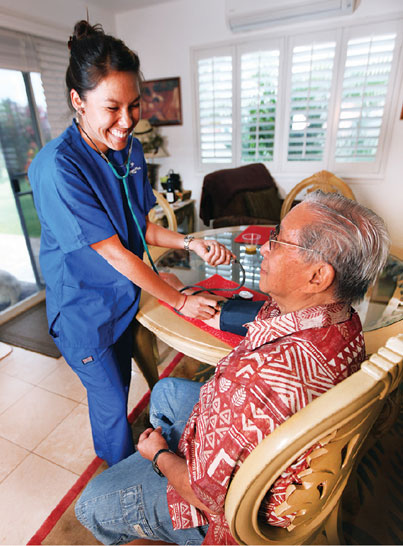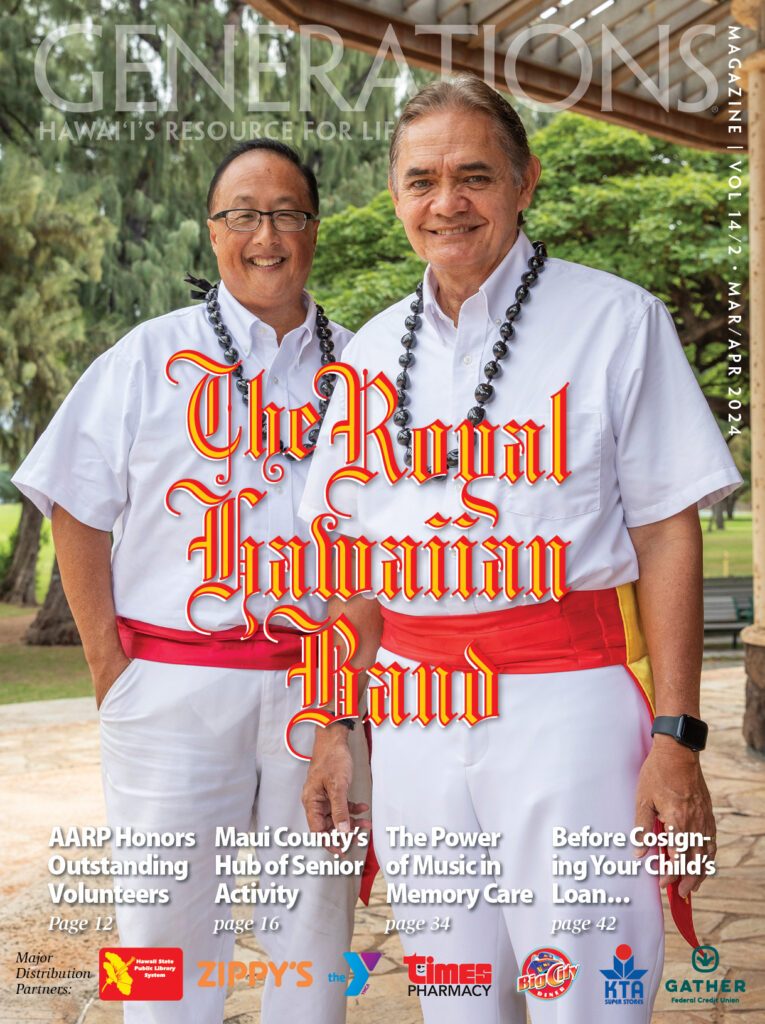 Recently, a longtime client of mine was looking more energetic and less arthritic than usual. I asked him what’s new and got the I-know-something grin. After checking his nasal cannula and portable oxygen concentrator, I smiled; his doctor had already given me the scoop on his Las Vegas plans. That was the reason why I was there to help him. He laughed, saying Vegas is his therapy.
Recently, a longtime client of mine was looking more energetic and less arthritic than usual. I asked him what’s new and got the I-know-something grin. After checking his nasal cannula and portable oxygen concentrator, I smiled; his doctor had already given me the scoop on his Las Vegas plans. That was the reason why I was there to help him. He laughed, saying Vegas is his therapy.
As is often the case, seniors with special needs can benefit from travel assistance. Some need a little help, such as assistance with supplemental oxygen or mobility equipment. For others, it may be more involved, such as finding services for kidney dialysis, labs, or getting an MRI and other imaging done while traveling.
“Seniors want to stay active and travel longer,” said Client Service Supervisor Kari Wheeling, RN, at Attention Plus Care. More have chronic disease now and should see their doctors about risks and plans for safe travel.
The U.S. Travel Association recently held a campaign called “Travel Effect” to educate people on the positive impact traveling has on lives. “We encourage seniors to travel when they can, as there are many physical, cognitive and social benefits documented on travel,” added Wheeling. While travel may have its risks, most seniors can take precautions against health emergencies while out and about.
Consult Your Doctor
Seniors should consult their doctors before traveling. Getting advice regarding their conditions for safe travel within or outside of the country, and taking the proper steps before, during and after a trip, can help seniors stay active and healthy.
Bring Your Medication
Seniors on medication should bring enough for their entire trip and keep it safe. If they are traveling out of the country, their medications may be unavailable or not equivalent to what was prescribed. Seniors should also have all of their doctor’s contact information and a prescription copy.
Get Medication Certifications
Seniors using medications that are controlled substances should get a certification from their doctor before traveling. Find out before traveling if your medications are legal where you’re visiting. Your medications should be current, labeled and match your certifications.
Carry a Medical Alert
Seniors with medical problems or allergies should consider a medical alert bracelet or medical alert card, which will identify their particular condition. A medical alert can be a lifesaving reference for emergency responders.
Seniors needing travel assistance should call their airlines about special services for travelers. When buying your ticket, voice your special needs at least 48 hours in advance and get information about accommodations for your travel. Dr. Paul Nussbaum, a professor of neurological surgery at the University of Pittsburgh, said, “Travel is good medicine and promotes brain health and resilience across the life span.”
For our seniors, traveling to the “Ninth Island” is just what the doctor ordered.
Attention Plus Care Accredited by The Joint Commission
1580 Makaloa St., Ste. 1060, Honolulu HI 96814
808-739-2811 | www.attentionplus.com
Available monthly:
Aging in Hawaii Educational Outreach Program
by Attention Plus Care — a program to provide resources for seniors and their families, instructed by a registered nurse, who covers a different aging topic each month. For more information on Travel Assistance and free community workshops on Aging in Hawai‘i hosted by Attention Plus Care, call 808-440-9356.

